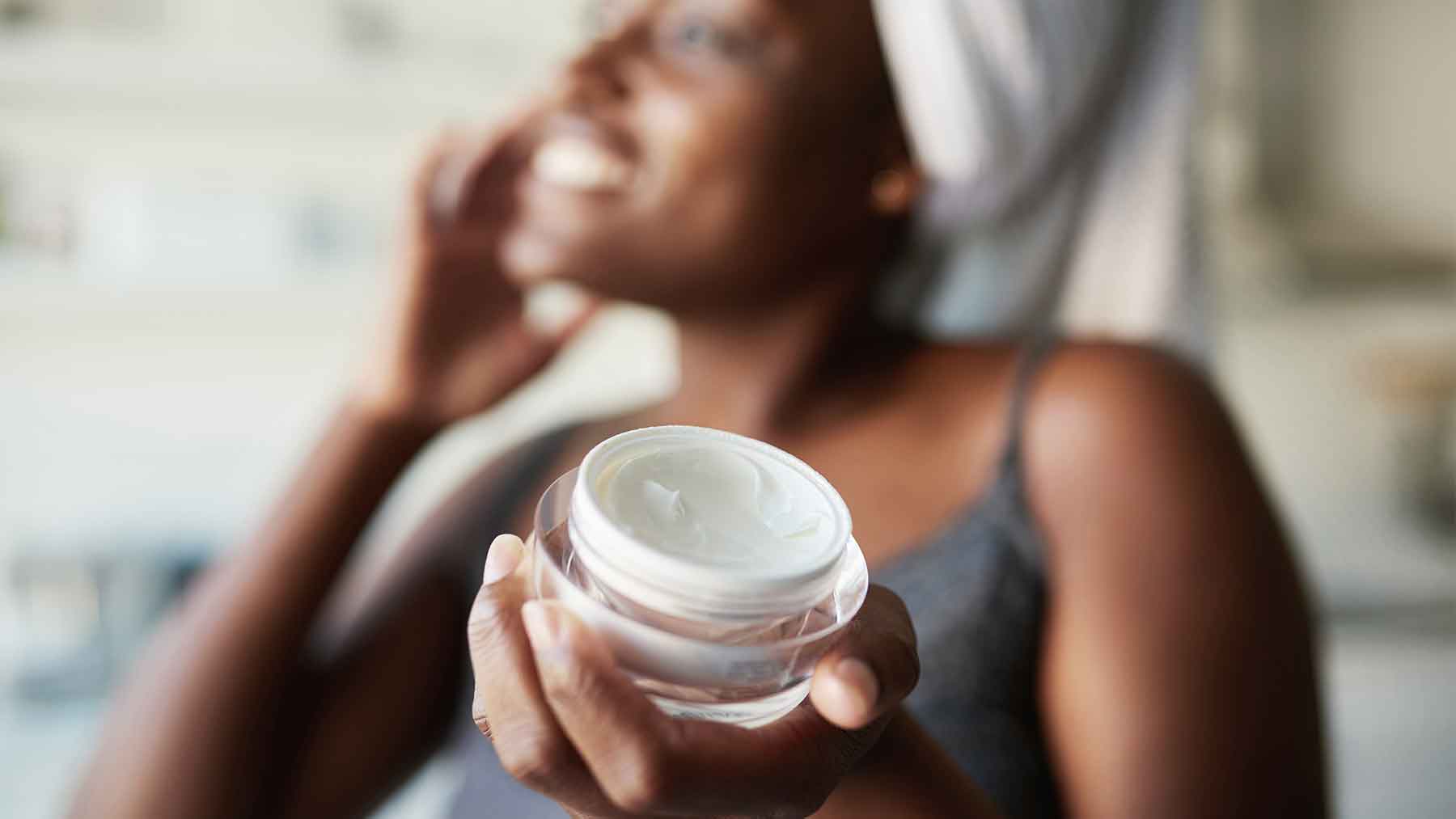Skincare for sensitive skin requires gentle and soothing products that minimize irritation and provide hydration and protection. Here are some tips for caring for sensitive skin:
-
Patch test: Before using any new skincare product, perform a patch test. Apply a small amount of the product to a small area of your skin (such as the inner forearm) and observe for 24-48 hours. If there is no adverse reaction, it is generally safe to use the product.
-
Gentle Cleansing: Use a mild, fragrance-free cleanser specifically formulated for sensitive skin. Avoid harsh ingredients like sulfates, alcohol, and fragrances that can cause irritation. Cleanse your face using lukewarm water and gently pat dry with a soft towel.
-
Moisturize: Choose a gentle, hypoallergenic moisturizer that provides hydration without clogging pores or causing irritation. Look for ingredients like ceramides, hyaluronic acid, and aloe vera, which help soothe and nourish sensitive skin.
-
Sun Protection: Protect your sensitive skin from harmful UV rays by using a broad-spectrum sunscreen with at least SPF 30. Look for sunscreens labeled as "fragrance-free" and "suitable for sensitive skin."
-
Avoid Harsh Exfoliation: Limit exfoliation to once a week or less, using a gentle exfoliator specifically formulated for sensitive skin. Avoid rough scrubs or abrasive ingredients that can cause irritation. Alternatively, consider using chemical exfoliants like AHAs or BHAs, which are typically milder on the skin.
-
Patchouli Oil
-
Avoid Potential Irritants: Be mindful of potential irritants in skincare products. Avoid ingredients like fragrances, alcohol, sulfates, artificial dyes, and certain preservatives. Opt for products labeled as "fragrance-free," "hypoallergenic," or "for sensitive skin."
-
Keep it Simple: Stick to a minimalist skincare routine with a few essential products. Using too many products with multiple ingredients can increase the risk of skin irritation. Focus on cleansing, moisturizing, and sun protection as the core steps.
-
Calming Masks or Serums: Incorporate soothing masks or serums with ingredients like chamomile, green tea, or oatmeal to provide additional relief and reduce redness.
-
Be Gentle: Avoid rubbing or scrubbing your face vigorously. Pat your skin dry instead of rubbing it with a towel. Use soft, clean, and non-abrasive materials for cleansing and drying.
-
Stay Hydrated: Drink enough water to keep your skin hydrated from within. Proper hydration can help maintain the moisture balance of your skin.
-
Consult a Dermatologist: If your sensitive skin concerns persist or worsen despite using gentle products, it's best to consult a dermatologist for professional advice and guidance.
Remember, it's important to listen to your skin and be patient when trying new products. Every individual's skin is unique, so what works for others may not work for you. Tailor your skincare routine to suit your specific sensitivities and needs.





